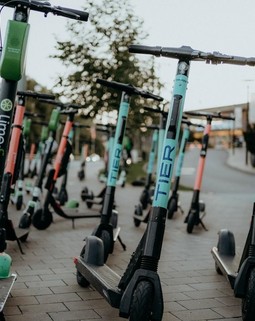The government recently reduced fuel excise duty following an outcry by the commercial sector highlighting high cost of doing business. Willard Manungo, the secretary for Finance and Economic Planning said that the changes in fuel prices would impact positively on the economy.
The move is expected to lead to reduction in prices of basic goods whose cost of production was high due to the high prices of fuel. The reduced fuel prices were also supported by parliamentarians who shared the same view on the high costs of productions. Petrol, paraffin and diesel oil products were affected in the new excise duties.
Petrol excise duty fell from 45 cents per liter to 38.5 cents per liter. Diesel and paraffin on the other hand fell from 40 cents per liter to 33 cents per liter. The excise duty reduction was carried out in accordance to the section 225 of Customs and Excise Act, Chapter 23:02. The process was undertaken by of Hon. Patrick Chimasa, the Minister of Finance and Economic Development.
In 2017, the Energy Council of Zimbabwe put out a statement acknowledging that fuel prices charged in the country were the highest in the region. The high prices were despite government’s directive that required fuel companies to mix ethanol with unleaded petrol. This policy was to foresee the reduction of fuel import bill.
Petrol is currently selling at an average of $1.40 per liter while diesel prices range between $1.33 and $1.30. The business sector largely blamed the high fuel pump prices for high taxes and levies imposed across various sectors in the country. This is because fuel is basic for production of various products. High fuel costs were incurred in production prompting businesses to transfer the cost to product prices. Similarly, many people in Zimbabwe could not afford the highly priced basic products.
The government has assured Zimbabweans that it is committed in implementing reforms aimed at developing an attractive investment environment. Among priorities is reducing levies and taxes which have so far made Zimbabwe quite uncompetitive.





